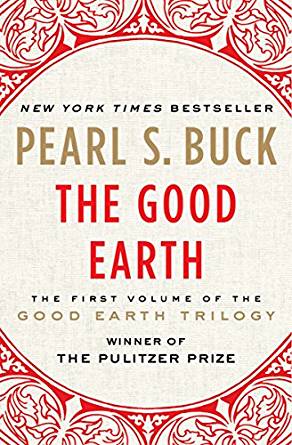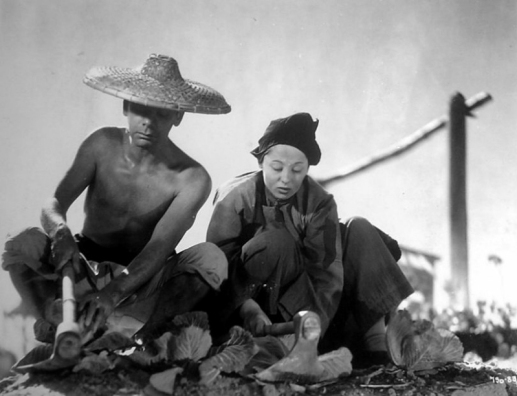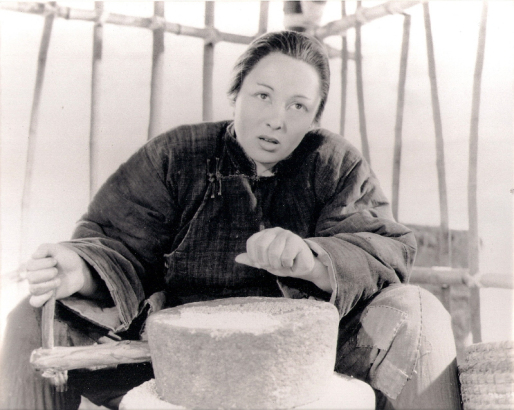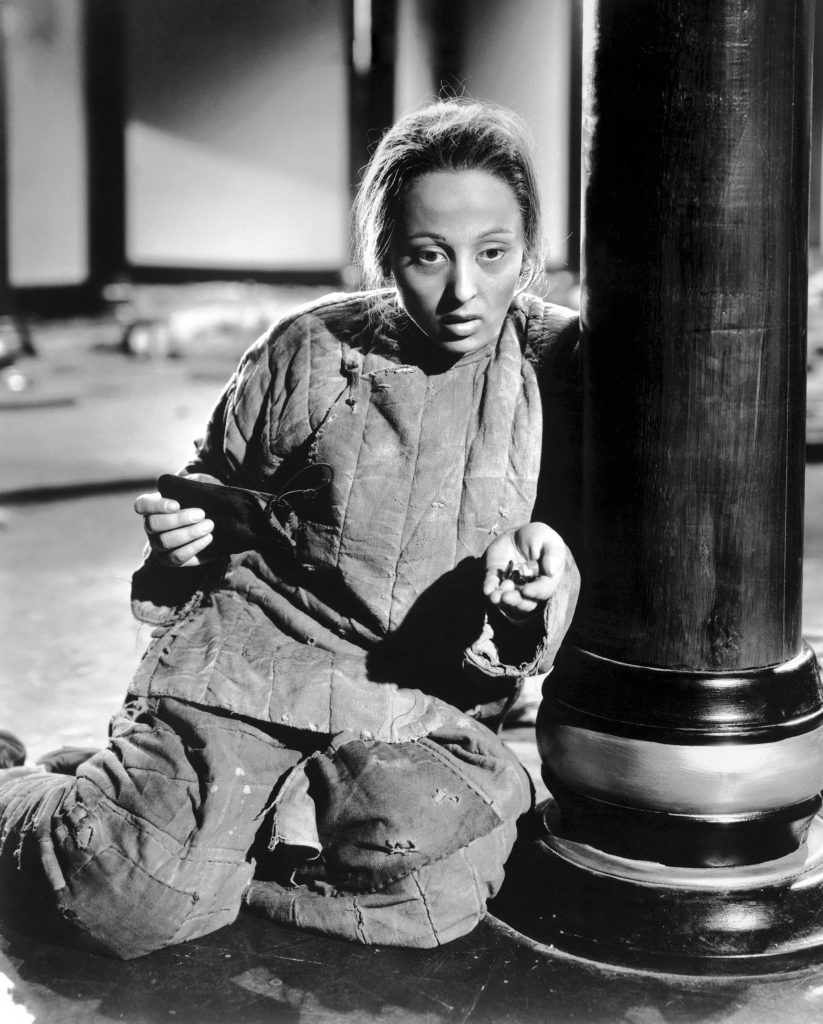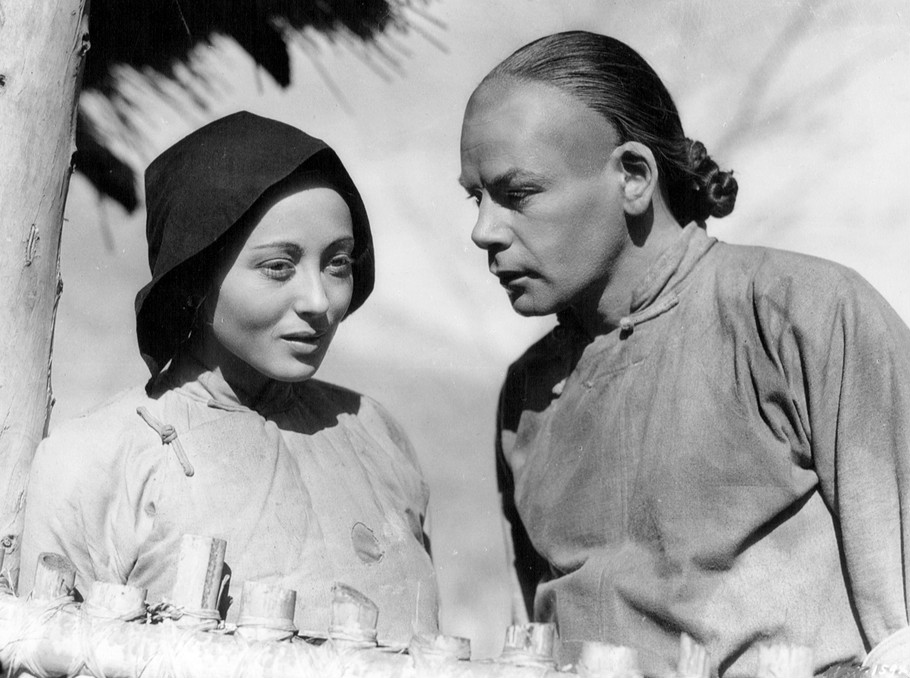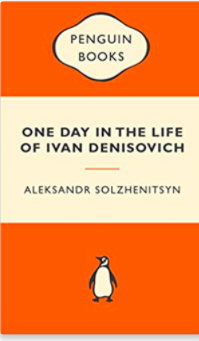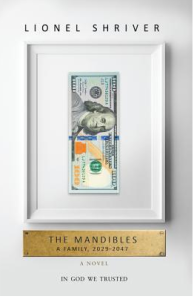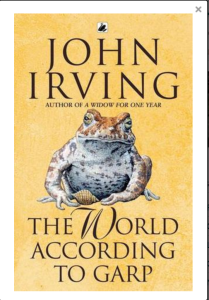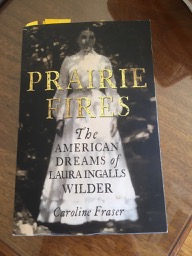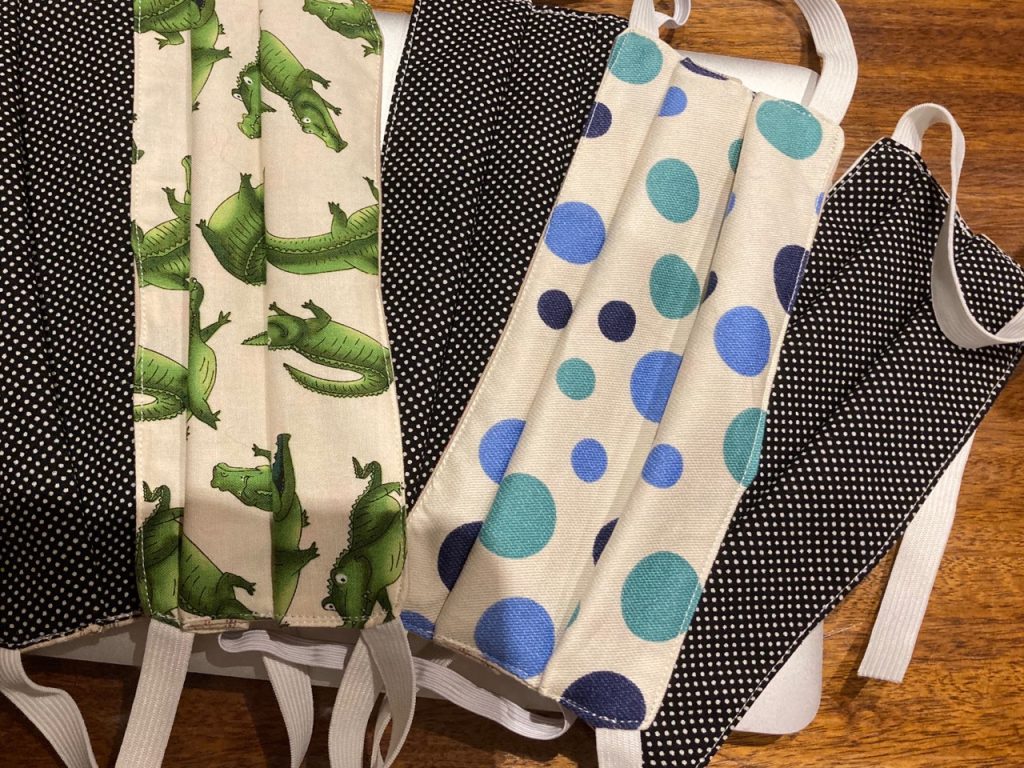
“I’m sure no life can be properly developed and rounded out without some trial and sorrow – though I suppose it is only when we are pretty comfortable that we admit it.”
― Lucy Maud Montgomery, Anne of the Island.
This quote is taken from what would nowadays be called a ‘Young Adult’ novel written in 1915. I loved the Anne of Green Gables novels when I was growing up. Even though some of the messages and themes have dated, human nature is what it is – and it will stay that way forevermore. This means that there are passages such as this one, that I haven’t read for over 30 years, that have stayed with me. Good advice, I guess, which can help carry us through tough times.
Even before the current pandemic, I used to talk about this concept with my kids, both biological and in class. That’s the advantage of being an English teacher – we can cover a lot of ground during class discussions. Basically, it’s when times are tough that people develop grit and resilience.
When times are easy and everything is going your way, there’s absolutely no need to learn how to develop a strong backbone. Why would you actively seek out adversity and tough times? You may develop other traits, such as good interpersonal skills or a strong work ethic, for example, but you have absolutely no need for determination and grit. When life is pretty much handing most things to you on a silver platter, you have no use for them.
But when times get tough? THAT’S when strength and determination become incredibly important. That’s what gets strengthened and built upon.
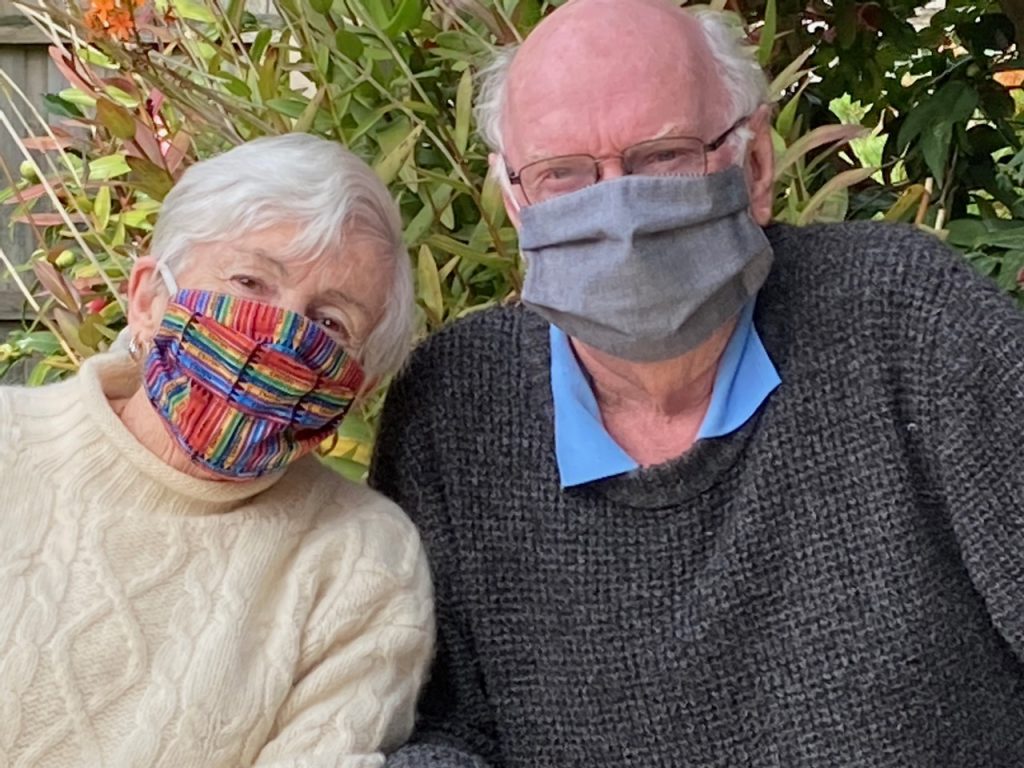
I live in Melbourne, which as of today has entered stage 4 lockdown because community transmission of the virus is getting out of control. We have a curfew from 8 PM – 5 AM every night, you can only leave your home for a total of 1 hour’s exercise a day, you can’t be outside a 5KM radius of your home and only one person per family per day can go out and shop. Masks are mandatory.
This is obviously easier for some people to take than for others. Many businesses have been directed to shut their doors, with pretty much only essential food, medical and infrastructure being allowed to keep their doors open. Some people have suddenly seen their wages and security snatched away. Not everyone has had the foresight or opportunity to build an emergency fund.
I’m one of the lucky ones – but it was a matter of timing. If I was embroiled in the last pandemic – the Spanish flu of 1918 – I wouldn’t be able to work from home. I’m a teacher. I’d either have to walk into crowded, virus-ridden classrooms or be out of a job, at a time when there was no social security.
Now? With the development of mass communications, I can easily work from home while the pandemic is going crazy. My wage continues to be paid and my risk of infection is way down. But not everyone is in my lucky situation.
I know what it’s like to have the financial rug pulled out from under you.
I know what it’s like to look at the pitiful amount of money in your savings and then compare it to the list of bills, a mortgage and the outgoings like groceries to feed my children.
I know what it’s like to wonder bleakly how I was going to be able to stretch things in order to cover everything.
It’s scary. It’s hard to fall asleep with the worry of it. Sometimes, I’d have what I’d call ‘doona days” where I’d go back to bed and stay for a few hours, just drifting in and out of sleep and resting up. Now that I look back, it was usually after a day like this that I’d spring out of bed the next day and Get Things Done. Constant worry is incredibly draining.
But do you know what?
Failure wasn’t an option. I had 4 little boys who were utterly dependent on me to make a good life for them. I knew that their father loved them but practical help from him was a rarity. I was their rock. I HAD to make this work.
Situations like this would be FAR easier if you could make one big gesture and the problem was solved. One action. One declaration. Whatever it was; if you could rise to the occasion ONCE, do or say whatever you needed to and then everything was fine and dandy again – how fantastic would that be? But that’s not how life works.
Getting through tough times means that you make lots of tiny decisions. Lots of little actions that, by themselves, will move the needle very little. But cumulatively – they all make a big difference.
There is so much in our control if we look around for it. There’s no point worrying over the things that aren’t. We can’t stop the pandemic on our own, but we can choose to stay at home whenever possible and wear a mask. If your place of work closes down for 6 weeks while we’re under a state of emergency, you can’t stop that. But you can look at applying for any subsidies you’re entitled to. You can look at your spending and ruthlessly cut anything that isn’t essential. You can start little traditions and fun things that cost little or nothing.
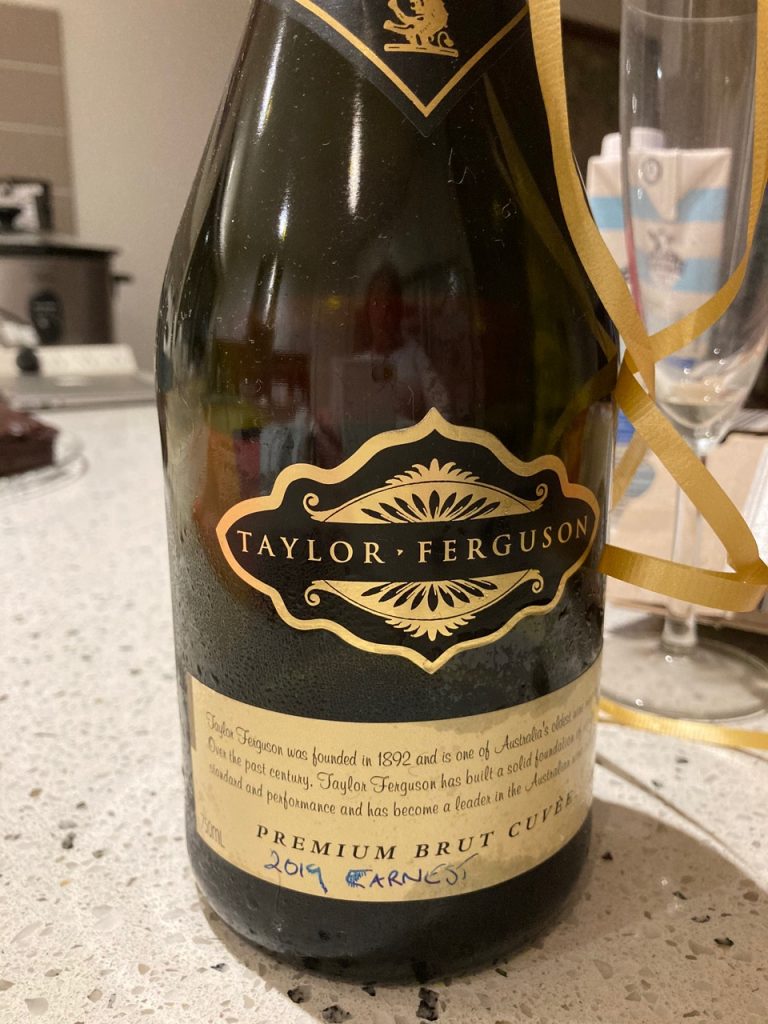
These repeated actions build character. They build determination and backbone. As a person, you develop resilience, which is a character trait that becomes invaluable throughout the rest of your life.
There’s an added advantage to there being many, instead of one, actions that will get you through times like these. If one day you succumb to temptation and buy that skinny soy latte you’ve been craving instead of waiting to make a coffee when you get home, it’s not going to break the bank. You can enjoy the drink, then get back on the frugality horse you’ve been riding and begin again to make good decisions. It’s not a ‘make or break, like a ‘grand gesture’ action that goes wrong would be. (Just don’t make too many of them!)
It’s the repetition of the little actions and the commitment to keep moving towards a better life that will bring you success.
Another novel I once read was a science fiction classic called ‘Ringworld’, where a character called Teela Brown is the product of 6 generations of a breeding program where people were bred for being lucky. Teela was a sweet girl who simply glided through life, always being in the right place at the right time, happening to meet with people she needed to meet exactly when she’d benefit from it. She always had enough money, but not so much that management of it would be a burden. Her lovers drifted away just as she was starting to get tired of them so she’d never been through a painful breakup and she was pretty enough to appeal to everyone, without being so stunningly good-looking for her looks to be a problem. Sounds good, right?
But she had no resilience or inner strength. She’d never learned to be strong in the face of adversity. She’d never needed to. Another character, Louis Wu, explains this by saying the following:
“She is intelligent, tanjit! She’s just never been hurt!……All you’ve got to do is watch her walk. Clumsy. Every second, it looks like she’s going to fall over. But she doesn’t. She doesn’t knock things over with her elbows. She doesn’t spill things or drop things. She never did. She never learned not to, don’t you see? So she’s not graceful.”
― Larry Niven – Ringworld
COVID is bringing the tough times to many people who had never really experienced them before. It’s a shock to the system when suddenly, all the plans you make and the things you counted on always being there are suddenly swept off the table. Add to all of this the fact that the virus is so contagious and people are literally dying from it. It’s not just a financial crisis. People are really doing it tough and are looking towards the future with fear and trepidation.
I know how it feels. I had my time of fearing for the future 23 years ago. I look back at Past Frogdancer and I’m so glad that she did all of those little things to slowly build stability and security for herself and her boys. She didn’t get everything right, but she did enough small actions in the right direction so that, financially and emotionally, her family survived and thrived.
Looking back now, I’m glad that I went through those tough years. Would I have chosen to go through them at the time? HELL NO! I used to wish that we’d win the lottery (only I was too poor to buy a ticket!)
But tough times breed resilience. I wouldn’t be the person I am now if I hadn’t have had to face the struggle and learned to make my way through. I’m far stronger than that past version of me, the one who sat on the back step watching her children play, hugging herself in fear and wondering if she had the guts to leave this toxic marriage. That girl took the first few steps with desperate faith that things would be ok, then worked to find a way to make it happen.
By doing that, Past Frogdancer developed skills and traits that Present Frogdancer and, hopefully, Future Frogdancer will continue to benefit from.
I wouldn’t have been like this without the struggle. My boys would be in a vastly different place if we didn’t live through it. They’ve also learned skills and developed strength in ways that they would never have had. I’m glad that we went through the struggle.
You will be too. Focus on what you can control and step by step, keep moving incrementally forward. I’m not saying living through tough times is an easy thing. It’s anything but. But one day, years down the track, you’ll look back at how Past You handled all that was thrown at you.
You’ll realise that you’re a better, stronger and more empathetic person. You’ll see that you’ve developed the confidence in yourself to know that you can tackle the curveballs that life throws you. You’ll know that you’ve learned skills and strategies that have enabled you to care for and provide security not only for yourself but also for those you love.
You’ll nod your head and, like me, you’ll acknowledge that the struggle was something that was worthwhile to go through… “though I suppose it is only when we are pretty comfortable that we admit it.”
Stay safe, wear a mask and stay at home. And control all the little things that will help propel you forward.
You can do it.
